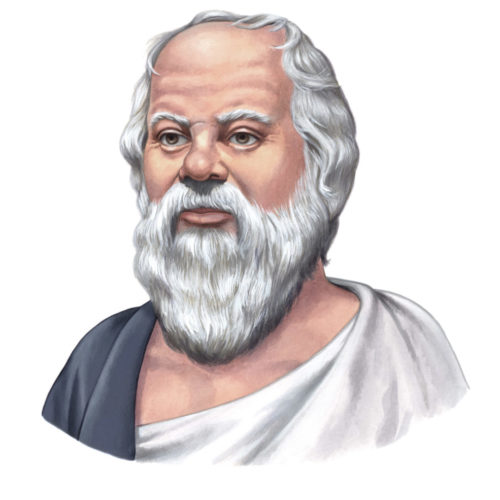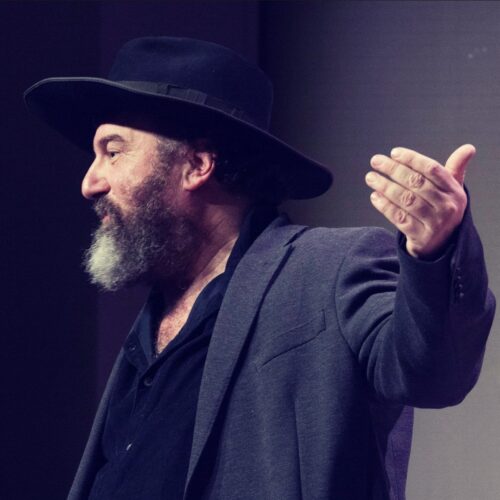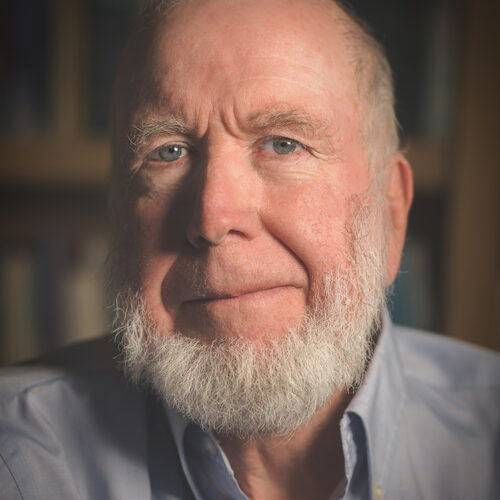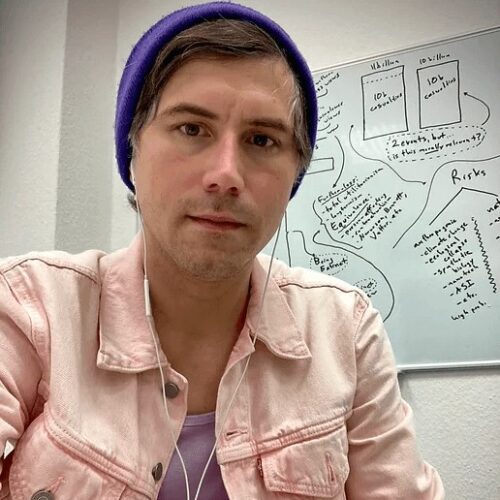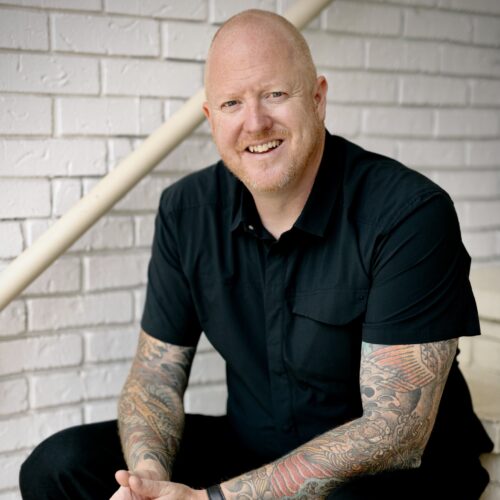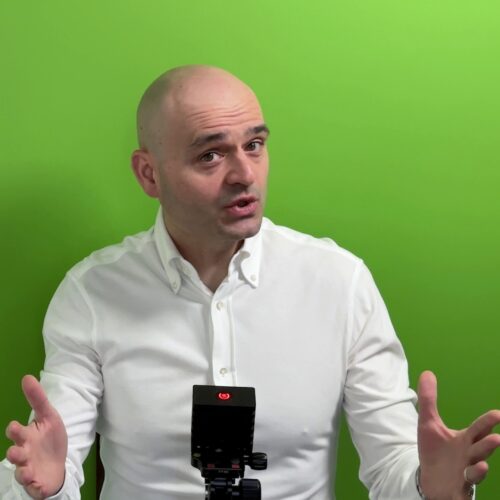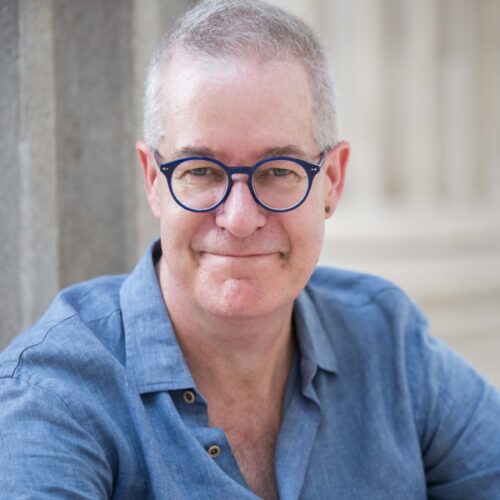George Dyson on Turing’s Cathedral: In Wildness Is The Preservation Of The World
Socrates / Podcasts
Posted on: July 6, 2012 / Last Modified: July 22, 2022
Podcast: Play in new window | Download | Embed
Subscribe: RSS
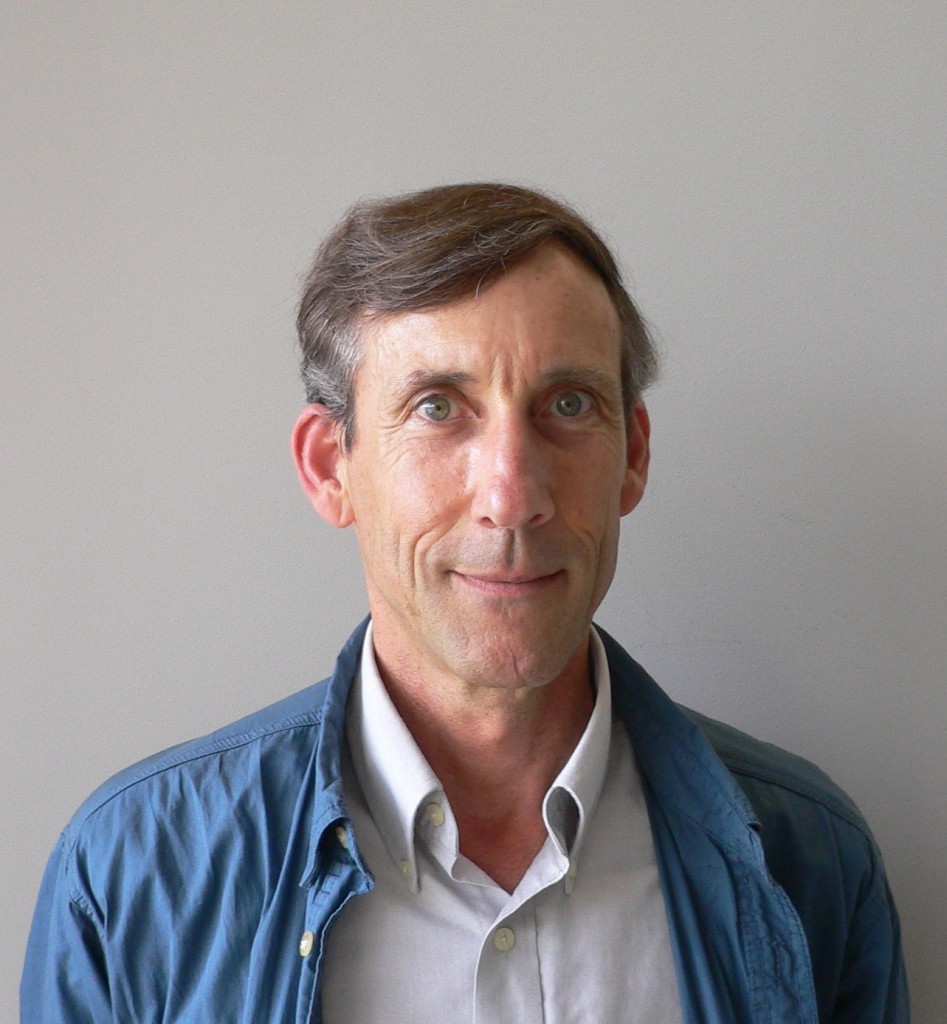 George Dyson was born in 1953 and had a unique opportunity to witness firsthand the conjunction of mathematics and physics that brought the digital revolution to life. He has been observing the relationship between nature and technology ever since.
George Dyson was born in 1953 and had a unique opportunity to witness firsthand the conjunction of mathematics and physics that brought the digital revolution to life. He has been observing the relationship between nature and technology ever since.
Dyson’s latest book, Turing’s Cathedral: The Origins of the Digital Universe, illuminates the transition from numbers that mean things to numbers that do things in the aftermath of World War II. I am very happy I had the opportunity to have him appear on Singularity 1 on 1 where we talked for over an hour.
During our discussion with Dyson we cover a very wide variety of topics such as: his unique childhood of growing up as the son of theoretical physicist Freeman Dyson; playing around the Institute for Advanced Studies in Princeton; having Helen Dukas i.e. Einstein’s secretary as a babysitter; his interest in boats and boat-building as inspired by reading Kon-Tiki; George’s previous book titled Darwin Among The Machines; Samuel Butler and Ted Kaczynski; Turing’s Cathedral and the origins of our digital universe; Alan Turing and John von Neumann; the hydrogen bomb and what von Neumann called “the deal with the devil”; technology’s power to liberate and/or enslave; artificial intelligence, the technological singularity and our chances of surviving it.
My two favorite quotes from this interview with George Dyson:
In wildness is the preservation of the world. (Henry David Thoreau)
There is no way to completely govern the digital universe. It will always be a wildness, not a bureaucracy or a national park.
As always you can listen to or download the audio file above or scroll down and watch the video interview in full. To show your support you can write a review on iTunes, make a direct donation or become a patron on Patreon.
Who is George Dyson?
George Dyson is a historian of technology whose interests have included the development (and redevelopment) of the Aleut kayak (Baidarka, 1986), the evolution of digital computing and telecommunications (Darwin Among The Machines
, 1997), and a path not taken into space (Project Orion
, 2002). His latest book, Turing’s Cathedral: The Origins of the Digital Universe
, illuminates the transition from numbers that mean things to numbers that do things in the aftermath of World War II.
Related articles



